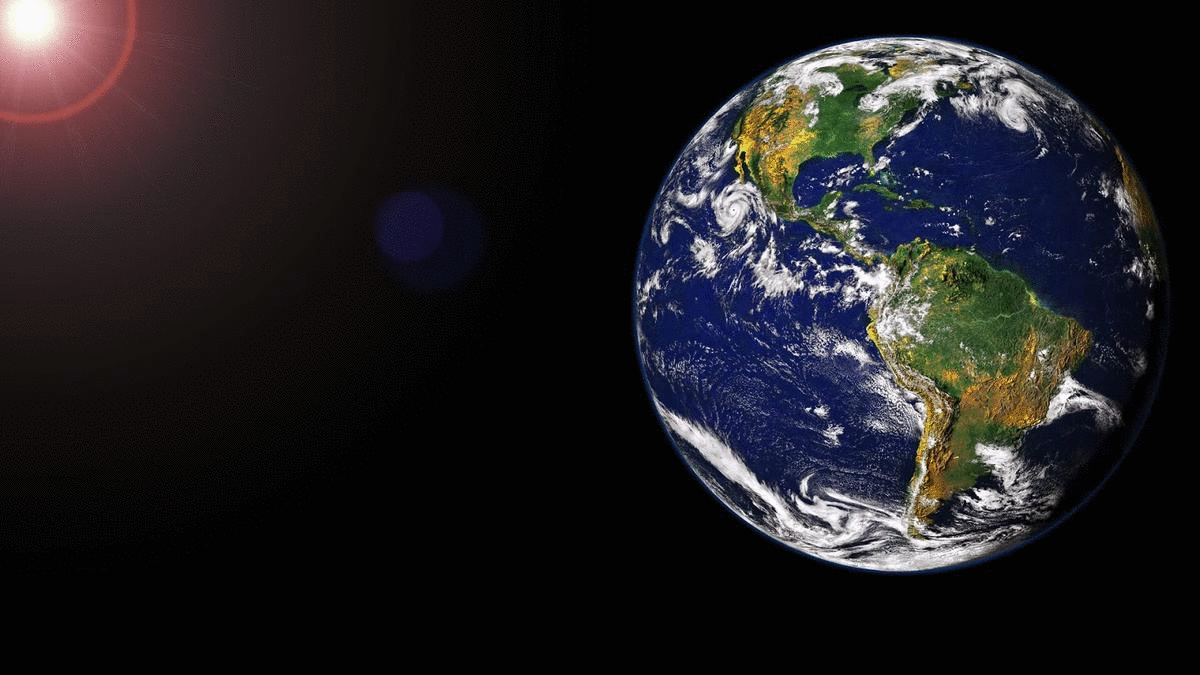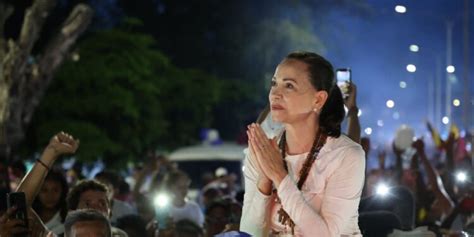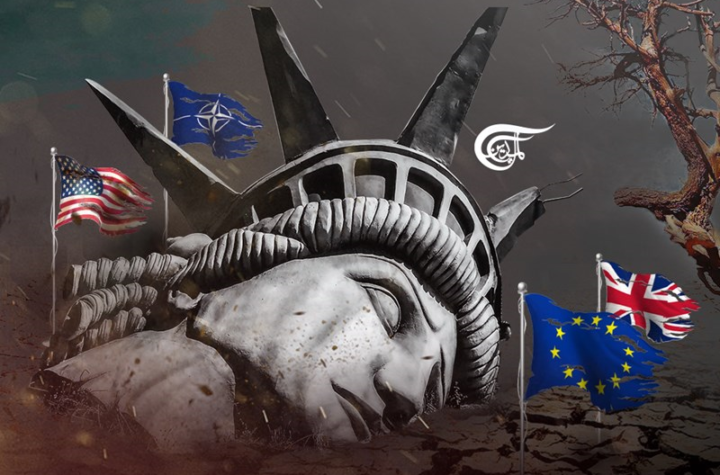
It is no secret to anyone that Venezuela’s opposition parties are divided due to variations in size, resources, availability of leadership, ideology, and commitment to democratic norms. These differences have led to different approaches to achieving change.
From 2009 to 2016, the opposition parties managed to maintain their unity through the Democratic Unity Roundtable (MUD). However, its success in the 2015 elections, followed by repression and an interim government that has been losing national and international support, has created divisions between factions. A field seeks the end of the regime and the immediate confrontation with corruption. The other group wants a gradual democratization process that offers reconciliation and ambitious democratizing reforms.
There has been an attempt to close the gap in the national primaries, but it is unclear whether the entire opposition will follow the rules of the Unitary Platform, as the candidates have already started blaming each other for past failures. This could decrease voter turnout, as it may give the impression that the winner of the primary election will impose their own agenda instead of representing the diversity of the opposition’s collective agenda. In this sense, it is important to remember the “Punto Fijo” Pact (1958), which established a commitment to support the electoral winner and also the commitment, on the part of the winner, to share power. The main participants must adhere to a minimum joint program and electoral campaign in order for the winner to participate.
The government is expected to use traditional divisive tactics, including manipulation and repression, in an attempt to weaken the opposition vote. It is up to the democratic parties to align their programs and work together to build a strong alliance to survive the primaries. To achieve this, they must de-emphasize their individual agendas and negotiate internal pacts to restore democracy in Venezuela.
The Venezuelan opposition needs to rebuild its internal relations. Coalition formation should be encouraged, national and international actors could provide equitable access to material and non-material resources, facilitate cooperation with civil society groups, and condition support on compliance with collectively designed rules.
The international community must understand that due to the humanitarian and economic crisis in Venezuela, there is a risk that citizens will disengage from politics or leave the country, so it is crucial that they support this process.
A change in the political direction of Venezuela will undoubtedly result in benefits for most of the countries that are receiving hundreds of thousands of Venezuelan migrants. And it will improve the international relations of the region.
In this sense, the 2024 presidential elections could mark a turning point based on the decisions made by opposition candidates and parties in the coming months.





More Stories
How María Corina’s Mutation Overturned Venezuelan Politics
Ganar y perder en las urnas
Los escenarios de cara a las votaciones de julio en Venezuela